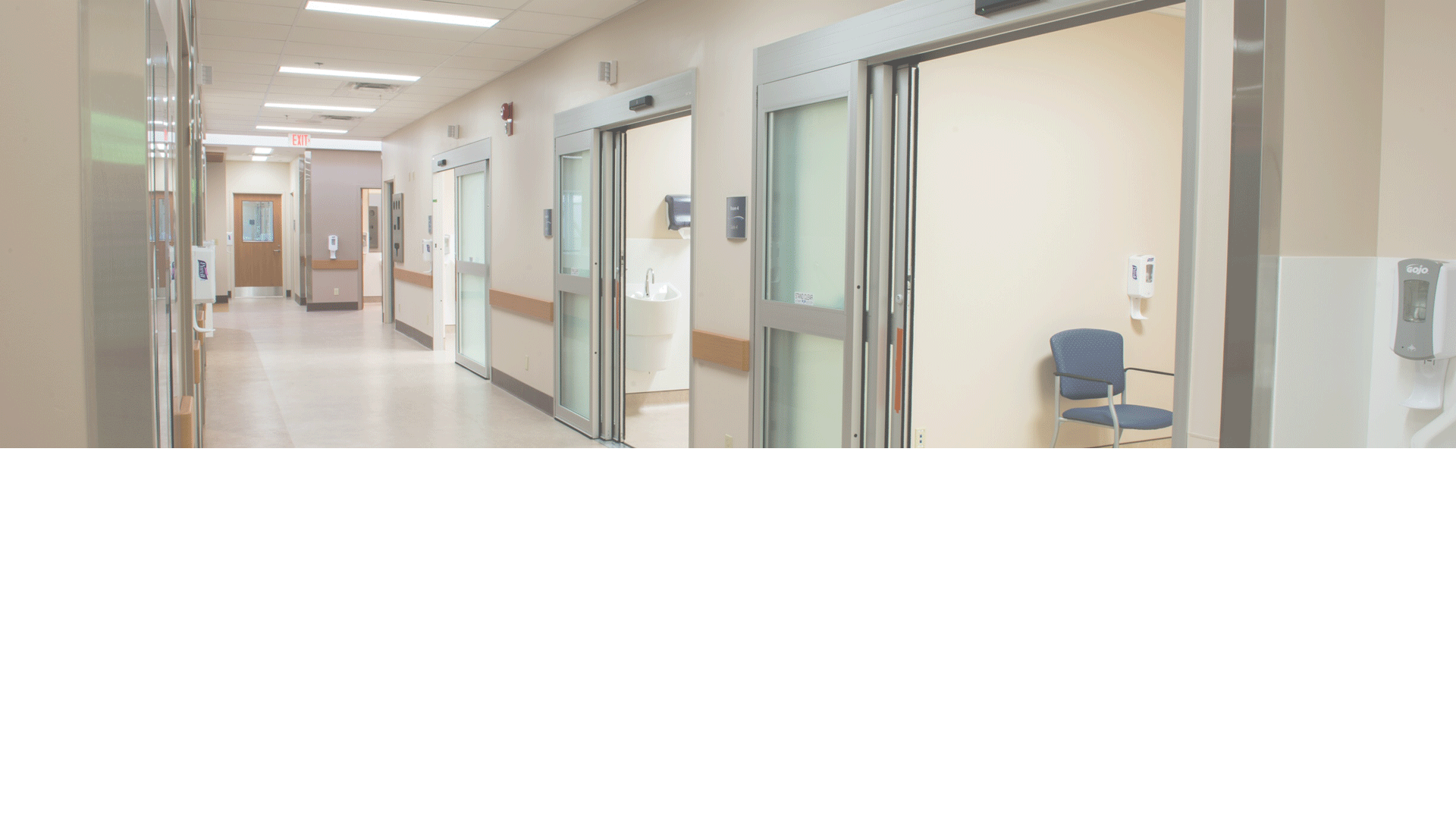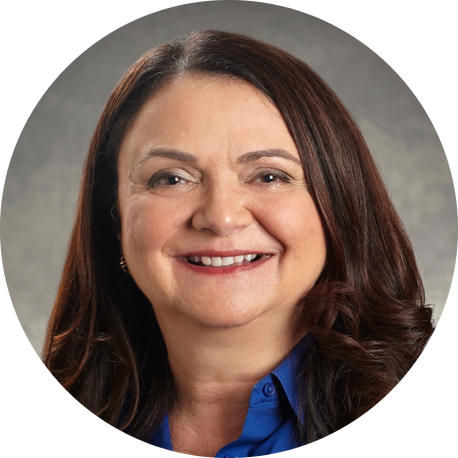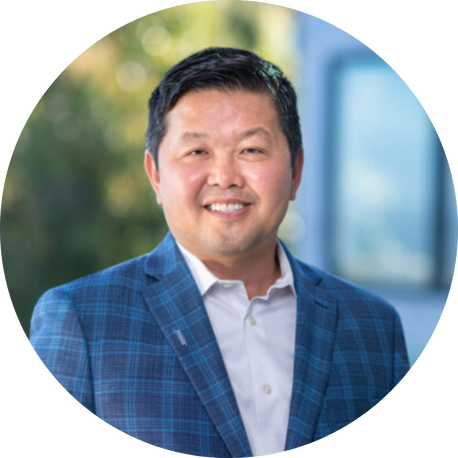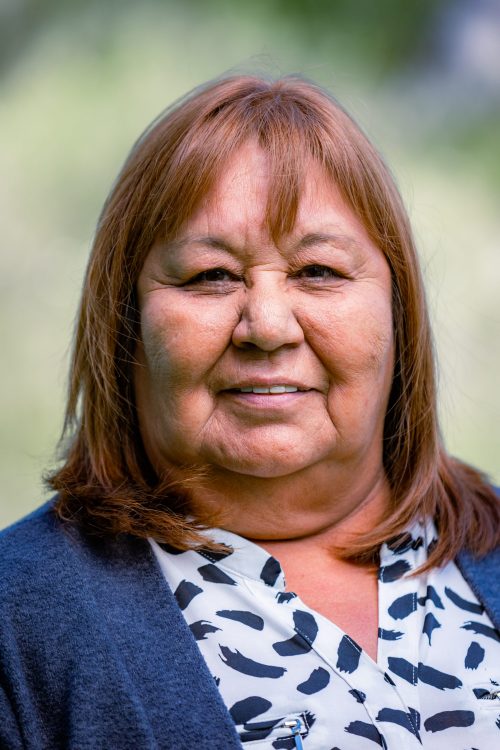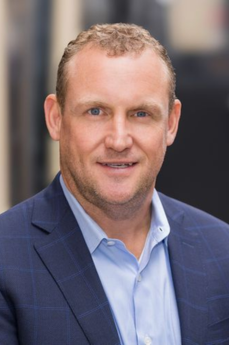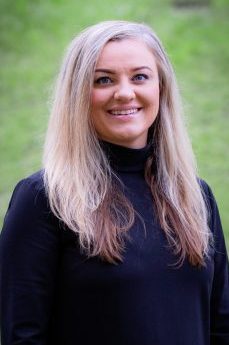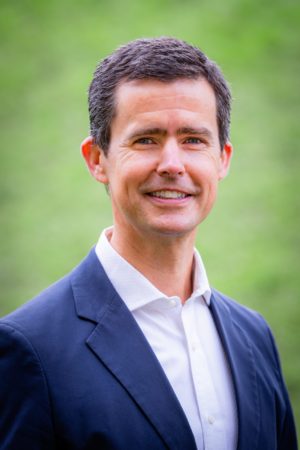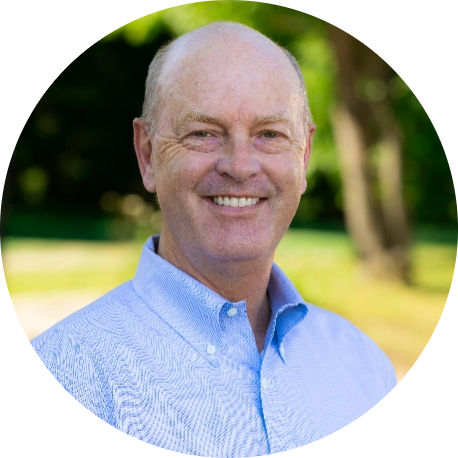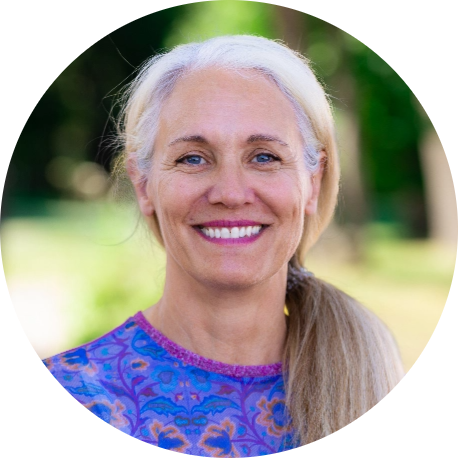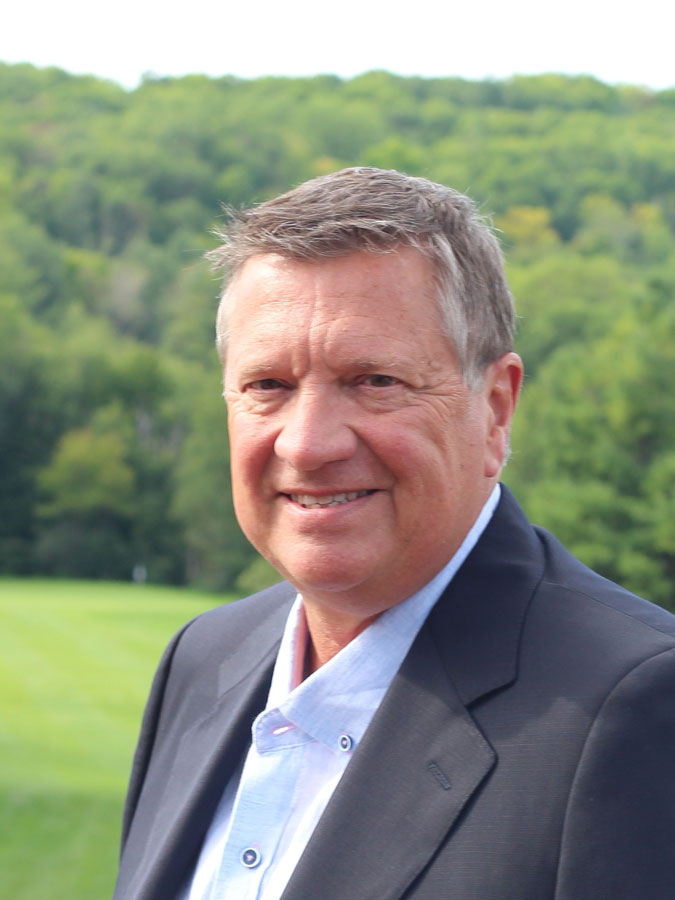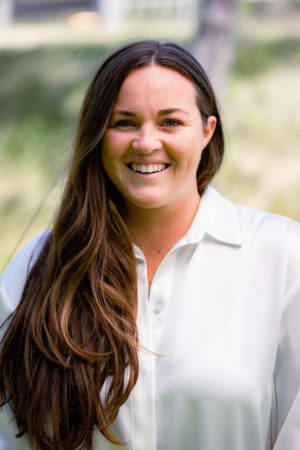DOC Talk: Dr. Emily Queenan
We ask Family & Maternity Care Physician Dr. Emily Queenan about the Birthing Program at Georgian Bay General Hospital.
Please tell us about you as a physician.
I am an American family doctor. I moved my practice to the Midland / Penetanguishene area in 2015 to practice medicine in a community that values health care as a human right, not a commodity. Today, I have a family medicine practice in Penetanguishene; I have a particular professional interest in maternity and palliative care, but in addition, in my practice I provide primary care to patients of all ages.
What’s new in the Birthing Program?
Most recently, continuing with our mission to make our program more patient-centered, we have increased accessibility to low risk obstetric analgesia, or pain management. We now have a tub for moms to labour in, which is an amazing way to manage pain. We also have nitrous oxide, or laughing gas, available for our patients.
We are excited to have a new family physician joining the team in February. Dr. Aeysha Butt has a focus on maternity care, with a specialty in surgical services (providing cesarean sections), which is a great addition to our birthing team.
Lastly, we are continuing our outreach into the community, including a recent open house to showcase our birthing unit and services. The word is getting out; we have nearly doubled the number of births in the past year, anticipating approximately 200 by March 31.
Why is it so important to keep birthing services in our community?
It’s vital for a number of reasons. First, for obstetric outcomes. Clear data shows that the further a mother needs to travel, the higher the risk of poor outcomes. This is especially true for our First Nations patients on Christian Island, who already have a greater distance to travel, so keeping our birthing program in Midland is critical.
Also, from a morale perspective, when a town loses its identity as a place to birth, it becomes only a place to die. And, that goes for a hospital as well. It changes the character and identity of the whole community.
What do you see as the major successes of the Regional Birthing Program with Orillia Soldiers’ Memorial Hospital?
We have seen a dramatic improvement in nursing morale, recruitment and retention. Having shared resources and being part of a larger organization helps to reduce the feelings of isolation that can come in a small, low-volume birthing unit.
It has also been important for ensuring high-quality care for our patients. The care team meets every month – including midwifery, family and obstetric practitioners – to talk about any concerns, risks or other factors that need to be mitigated for upcoming births. We have also introduced a more sophisticated analysis process for difficult cases in order to learn
from them.
Is there anything still to be accomplished for the program?
We have been successful in obtaining funding from the Ministry of Health for two OB GYNs, so recruitment is underway. Having funding for two OB GYNs ensures that they have a guaranteed income and support while they build their practice here.
We’ve made great progress toward increasing the number of births here in Midland and want that success to continue. We are strategizing ways to reach out to the community – both to families and referring physicians – to share the message that GBGH is a safe, efficient and vibrant place to birth a baby.
Lastly, there is an opportunity to improve the physical infrastructure of the department, both to improve confidentiality for patients and staff with a more private nursing station, and a makeover to the birthing rooms to modernize them.

